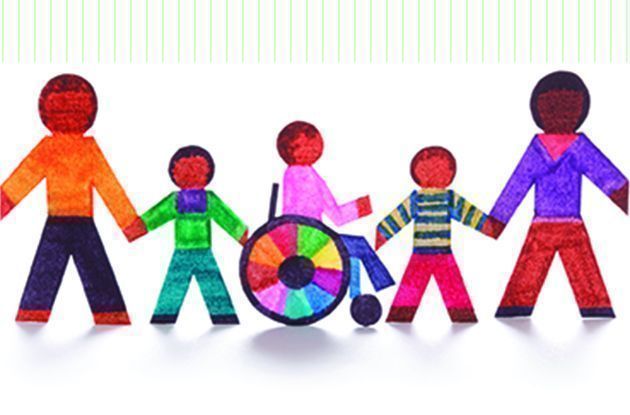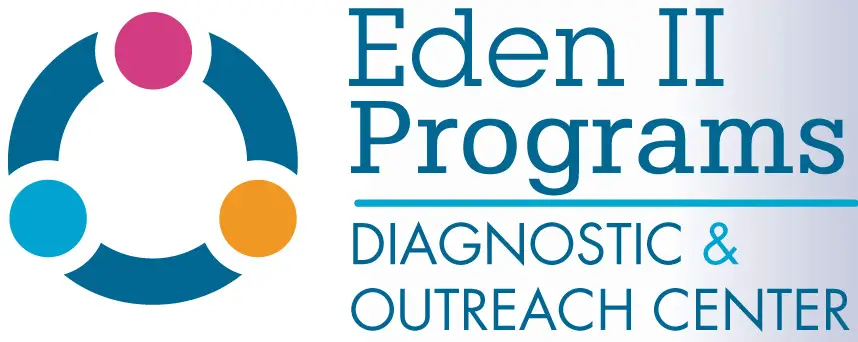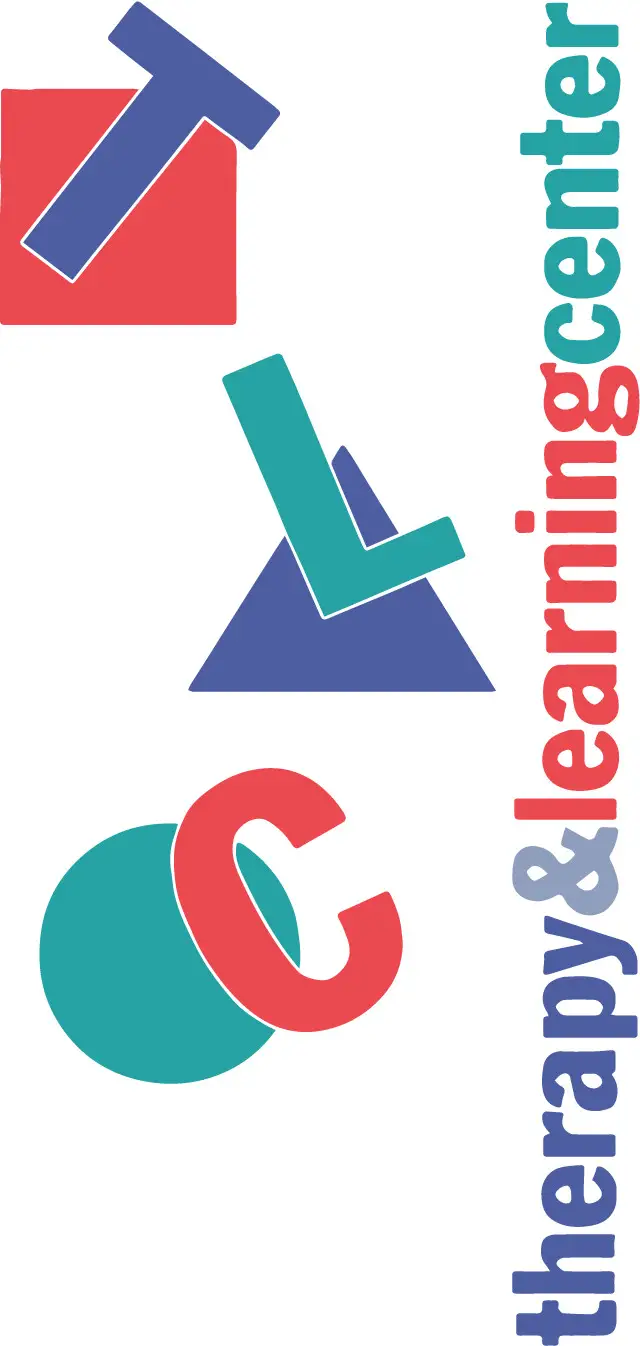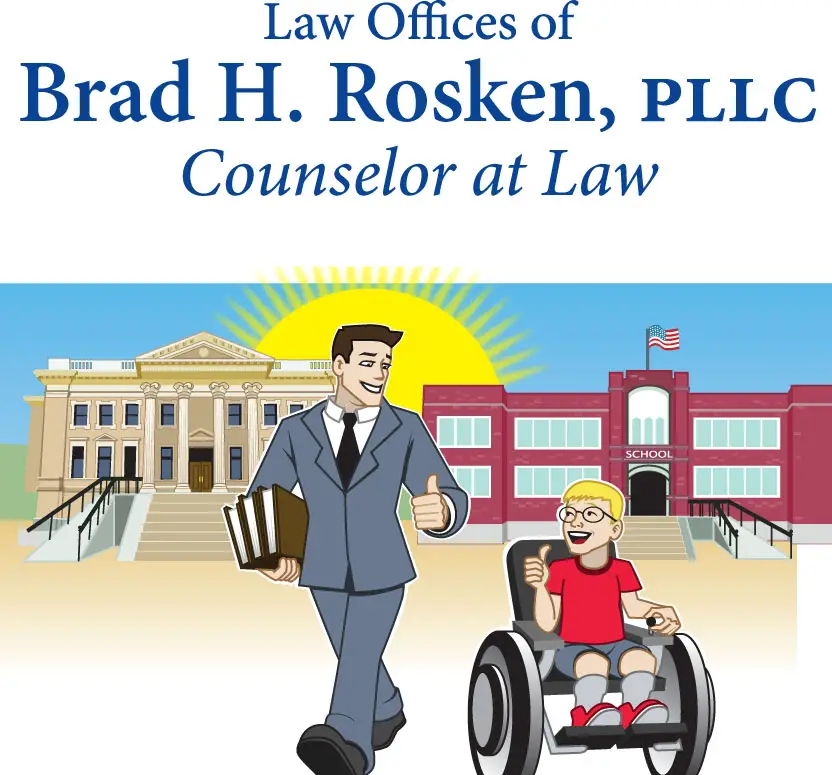
CDPAP Helps Parents Receive Financial Benefits for Assisting Their Children with Special Needs
Parents of kids with special needs who receive Medicaid benefits have access to a New York’s Consumer Directed Personal Assistance Program, which allows family members to get paid for providing essential care.
Get can’t-miss family activities sent to you!
Get the Best Kid-Friendly Activities
Sent to You Weekly!
Meanwhile, the Department of Social Services is responsible for quality control of the case—making sure the assistant and family are fulfilling their duties.
“The nurses from DSS are the ones who approve or disapprove the cases for CDPAP. So if [the agency] found something had changed and was not being met, our job would be to notify the nurse and say this doesn’t seem appropriate anymore. It would have to be the nurse who would then change the program. DSS and agencies talk to each other,” Vitale says.
Case representatives from the homecare agency and nurses from the Department of Social Services both conduct home visits. They ask the consumer, the representative, and the assistant about how care is being provided and whether needs have changed, and continually assess whether the case is appropriate for CDPAP. The specific homecare agency’s contract with the county DSS determines how the agency monitors each case. Suffolk County in particular requires significant monitoring of each CDPAP case with quarterly home visits on a time schedule DSS defines.
The Office of the Medicaid Inspector General (OMIG) defines the audit protocol for agencies to follow in assessing CDPAP cases. Because of this protocol, agencies can disallow a personal assistant’s payment for 10 reasons, including missing documentation of service, missing recipient records, billing more or less hours than the Care Plan specifies, failure to complete the health assessment, and missing assistant records. If a payment is disallowed or a family’s case is deemed no longer appropriate for CDPAP, DSS will work with the family to alter services or the Care Plan.
RELATED: Special Needs resources across New York
CDPAP’s Compound Benefits
Heather*, who acts as a personal assistant for her 25-year-old twin sons in Suffolk County, has known about the program for years, but didn’t participate until the state passed the 2016 law that allows parents to be assistants to adult children ages 21 and older. Heather says CDPAP provides security for her family in multiple ways.
“We’re always looking for a way to, for the future, have additional hours of support later on when we’re not here anymore, besides the money that’s provided by Medicaid for the certain number of hours. This would give us additional hours to ensure that [the boys] would have 24/7 [care]. And that’s really why we did it,” Heather says. “So the big benefit is for the future, when we’re no longer able to provide, and it gives them additional hours per week to get support on top of the budget that they have from OPWDD.”
Heather helps her boys with maintaining their personal hygiene, preparing their meals, organizing their calendars, and other tasks that are essential to their health and well-being.
“They need assistance shaving, they need assistance with choosing their clothing for the day depending on the weather…all meal preparation we do for them, reminders to brush their teeth and comb their hair properly, helping them or making appointments for them at doctors,” she says. “Just overall, keeping them healthy. Those are the things that they require, although we like them to be more independent. And in certain areas they are, but in many areas they need that kind of care.”
Children with special needs receiving care from someone they know and trust is another cornerstone of the CDPAP program. This factor is attractive for parents who want their children to be comfortable with their caregivers. While her sons are most comfortable with their parents as caregivers—Heather and her husband think of themselves as “natural support”—she says she appreciates the CDPAP program because it allows her to choose future caregivers for her sons that they are equally comfortable around.
The Bottom Line
Navigating CDPAP can be difficult. CDPAP regulations change frequently, and ensuring both parents and agencies fully understand new DSS rules is paramount in care coordination. Vitale says she works to maintain parent education throughout each family’s CDPAP process.
“It’s a good program, and you want to get it to work,” she says. “Sometimes it’s just about educating the family about the steps.”
Beyond working with their agency, Fuschetto recommends that parents stay diligent and ruthless in acquiring new information and advocating for their children. There are many parents, she says, who not only are uninformed about CDPAP but uninformed about concepts like self-direction, and this can have consequences for their children. She does not blame this trend on parents themselves but on a lack of readily available information.
“You spend a lot of time, especially when you have managed care Medicaid for your child, a lot of time trying to find [information],” Fuschetto says. “You know what? You give up after awhile. I’m ruthless. I will not give up. Some people fall through the cracks because of [giving up]. The information isn’t out there.”
Despite these challenges, CDPAP can be reassuring for parents and their children. For Heather and her sons, CDPAP provides multiple levels of security. The compensation Heather receives as a personal assistant goes toward her sons’ future, while just being involved in the program lays a foundation for care down the line.
“The boys are 25 years old and at this point they should be on their own, and they’re not. So we are providing a service they need. And I’m sure they’re much more comfortable with us, but at some point it won’t be us,” she says. “They’re always going to need someone here, in our opinion. We don’t feel that they can be alone. [CDPAP is] setting the groundwork for the future when we can no longer give care.”
For Fuschetto, CDPAP is a way to guard against potential abuses of power.
“These are people you’re supposed to trust. These are people that go through all kinds of screenings, and yet, children are abused. [In one case] with cameras and everything,” she says. “All these devices are in place, yet where is the safety for this child? As a parent, is that a concern? You bet it is. But if I had my daughter, my cousin, my neighbor, myself [as a caregiver], my child is safe in my eyes.”
*Names have been changed to protect sources’ privacy.
Main Image: Lori Fuschetto, pictured with her son Anthony, participates in New York’s Consumer Directed Personal Assistance Program, in which she gets paid to take care of her son, who has autism.
RELATED: Want more special needs news, tips, and resources? Read Special Parent.









